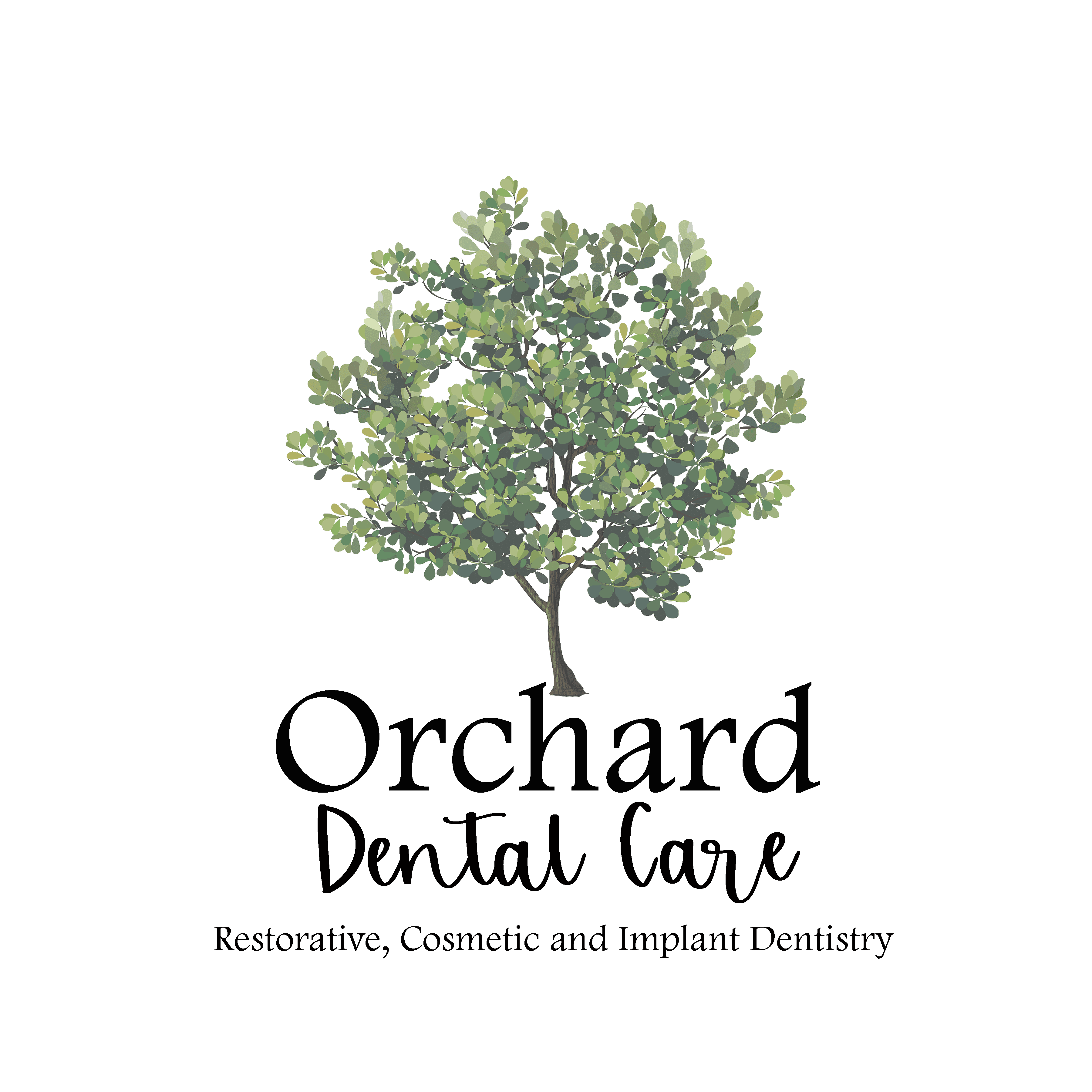Achieving a perfect smile can be challenging. Even when patients are scrupulous about dental hygiene, time isn’t kind to teeth. Over time, teeth wear down due to use, they chip due to accidents, or they start yellowing with age.
Dental, or tooth bonding, is a procedure that can help patients to correct:
- Uneven teeth and crookedness
- Gaps between the teeth
- Discoloration that doesn’t respond to whitening techniques
- Minor chips and cracks
What Is Dental Bonding?
Dental bonding is both a cosmetic and restorative treatment that repairs surface damage. Dr. Devin Rentz assists patients in evaluating whether they’re a good candidate for the procedure.
With this treatment, the dentist uses composite resin close to the natural tooth color to fill in gaps and rebuild small sections of the tooth. It’s a cost-effective alternative to veneers or crowns, particularly when there are only small areas of damage.
Is Tooth Bonding Right for Everyone?
The treatment itself is safe and will cover many flaws. It does, however, have limitations. In the case of crooked teeth or gaps between the teeth, the treatment hides imperfections but doesn’t correct them. If the condition is too far advanced, the dentist will have to consider other options.
Veneers do provide a more uniform finish. And crowns are better when larger sections of the tooth are missing. However, dental bonding is faster and more affordable than either of these treatments.
Patients may discuss the pros and cons of the treatment with Dr. Rentz. As an essential first step, the dentist will evaluate whether or not the patient is a good candidate for bonding.
This evaluation entails an examination, followed by a discussion of the patient’s options. In cases where the damage is too far advanced, alternatives will be recommended.
What Procedure Does Orchard Dental Care Follow?
During the patient’s initial consultation, the dentist will carefully examine his or her teeth. X-rays be required to determine the full extent of the damage. Deeper cavities will require fillings before the bonding can take place.
In more straightforward cases, the patient requires just one treatment. The dentist applies the resin to the area to reshape the tooth. They’ll apply the resin in small amounts to ensure the best coverage. Once the dentist is happy with the results, they’ll use a specialized light to set the adhesive.
Patients must exercise more care when eating hard things, but otherwise, they care for their teeth as usual.
How Long Will the Bond Hold?
The resin bonds with the tooth, so it’s secure. Patients can typically expect the bond to hold for at least ten years. Just like with the natural teeth, the resin is subject to chipping and can discolor over time.
How well patients care for their teeth also has an impact on longevity. Taking care not to bite down on anything too hard will be sufficient for most patients who practice good dental hygiene.
Contact Orchard Dental Care Today
Are you a good candidate for dental bonding in Centennial, CO? Schedule a consultation at Orchard Dental Care in Centennial, CO, today, and find out.
